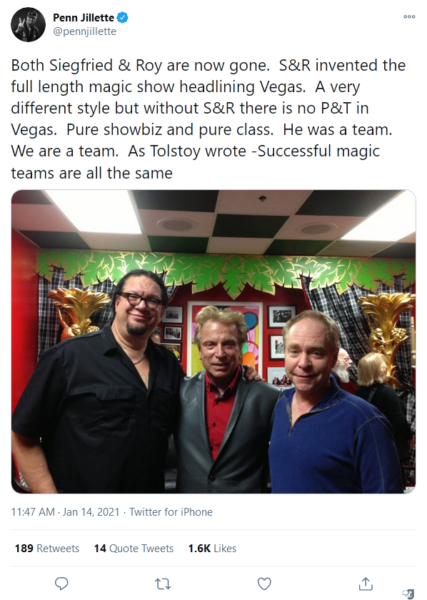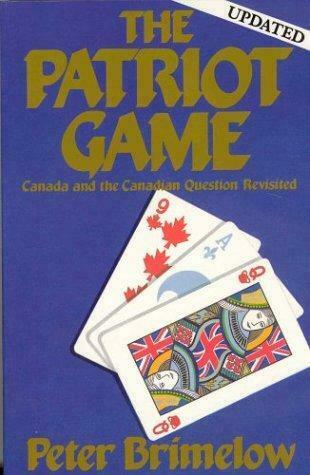Paul Wells jotted down some notes in his Substack Chat after the leaders’ debate last night:
A few notes on last night’s post-election scrum fiasco, when reporters from Rebel News and Juno News got most of the questions. Some of the commentary this morning about this, from people who think it was a disaster (I think it’s unfortunate but not quite a disaster), is alarmingly superficial.
So here are some thoughts, threaded.
1. The debate commission didn’t just take it into their fool heads to invite these alt-right news organizations. They tried hard to block them in 2021, got hauled into court, and lost big. Remembering this very recent news event should, it seems to me, be a basic requirement for your pundit’s license. https://globalnews.ca/news/8174634/rebel-news-election-debates-court-challenge/
My first thought was that it’s apparently ok for Mr. Singh to refuse to engage with certain media, but if Mr. Poilievre remarks on CBC bias, he’s the enemy.
2. I’m not fond of Ezra, but in declaring that Rebel News had five divisions, he was engaging in not entirely unfunny satire about the way the CBC shows up with French and English radio and TV to every event. You may not like the joke! But it was clearly, to some extent, obvious satire about an obvious target.
3. I remain astonished that any political leader shows up for scrums after any debate. They just talked for two hours! The only possible newsworthy outcome from a scrum afterwards is, you walk all over the message you prepped for weeks to deliver. We had scrums after our 2015 Maclean’s debate. Stephen Harper just didn’t show up for them. That’s an option! Carney has worked hard since January to control and limit access to his regal person, and then he wanders into a scrum after what would be, for any anglophone, an exhausting two hours in French, as though somebody told him it was where he could get a sandwich? People are weird.
Once upon a time — at least in theory — one of the functions of the mainstream media was to help keep our political leaders under observation for the voters. That fantasy has long since vanished in Canada, as almost all the surviving mainstream media outfits are slavering propagandists, lickspittles, and fart-catchers for the Liberal Party and especially for its leader-of-the-moment. In The Line, a media outlet that isn’t directly funded by the federal government, Andrew MacDougall offers a parable about the Canadian media:
My eldest daughter is nine. Her little sister is five. The little one adores her big sister and believes everything she says.
I, on the other hand, am 49. My eldest often tries to convince me of things. But I am a skeptic when it comes to the things my children tell me, as any good parent should be. And because I push back on the eldest’s arguments, she often comes back moments later with much sharper ones. Sometimes I even change my mind.
Yes, this is a parable about the media and its role in public life, including during this federal election. And yes, we can debate the mechanics of media — who gets access, how many questions, and so on — but this is to both bury the lede and miss the story. There is much more at stake than whether the Toronto Star or the Globe gets a question at a tightly-managed press event.
What’s at stake is whether anyone in power will ever again have a parent to satisfy. Or whether those in power will be nine-year-olds, forever seeking the smoke blown up their asses by the five-year-olds in their life.
The ability to act like a nine-year-old in power is an entirely new phenomenon. In the Before Times, when a politician (or corporate leader) used to have to exchange credible arguments with a member of the media in return for access to the distribution network of their publication or broadcast, serious conversations were par for the course. It wasn’t perfect, no, but it was an adult time. There was no point rocking up to the microphone with a wild ad hominem attack, or armed with a list of faulty facts, because it wouldn’t have passed muster. There was no rolling 24/7 coverage, and easily discredited arguments wouldn’t have made the cut in what was then limited news real estate. Now, thanks to social media, there is an infinite and constantly updating canvas. You don’t even need a credit card, let alone an argument, in order to access and speak to your audience — and then tell them any damn thing you want, no matter its level of adherence to the truth.
It wasn’t supposed to be this way. In their pre-algorithmic infancy, the major social media platforms promised access and connection. In this more gentle, less attention-hogging iteration, the major benefit of the social media platforms and other owned channels was that they allowed you to go — unfiltered — to your intended audiences. A clean message, straight to the target voter. What politician wouldn’t want that? How could that be a bad thing? Well, other than the fact that politicians and other people in positions of power have been known to lie and try to cover up bad things.













